Category:
Topic:
02/03
Sophisticated technology analysis made easy
The global data analytics platform for policy makers, investors and corporations financing emerging technology.
03/03
Get in touch
Connect with us in your preferred channel.
Category:
Topic:
02/03
Sophisticated technology analysis made easy
The global data analytics platform for policy makers, investors and corporations financing emerging technology.
03/03
Connect with us in your preferred channel.
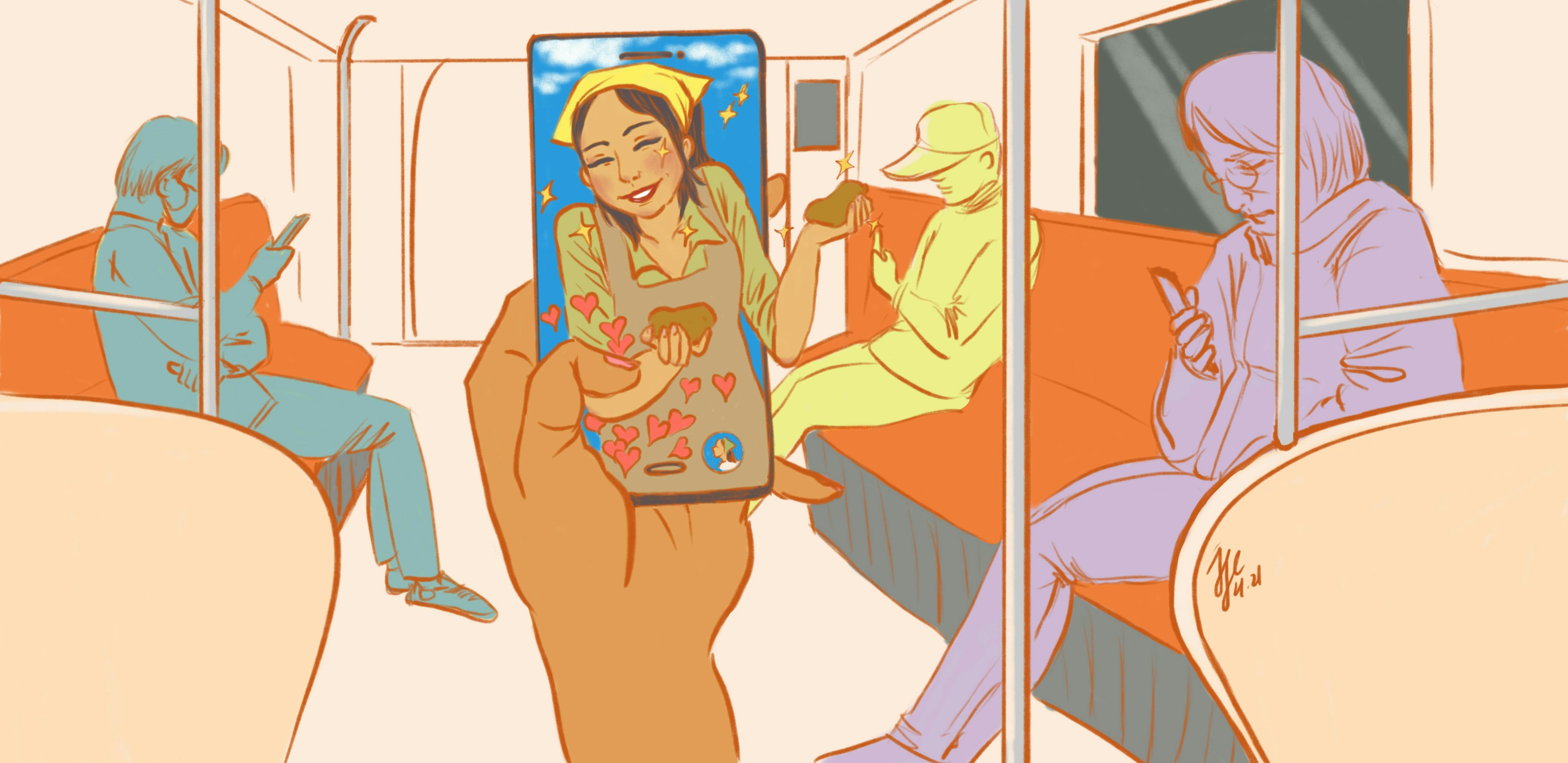
It is unclear exactly how much economic or innovative leeway tech companies and individuals operating in China really have. Is participating in a Taobao village considered innovative? What about the farmer peddling her wares via livestream? Is it possible to perceive, and thus safely navigate, government-accepted boundaries of invention and profit?

Social media are about more than content sharing. The size and quality of our online networks impact our identity, worth and ability to call on family, friends or colleagues. They are sources of social and cultural capital ... and may further exacerbate the distance between the well-informed and those less so.
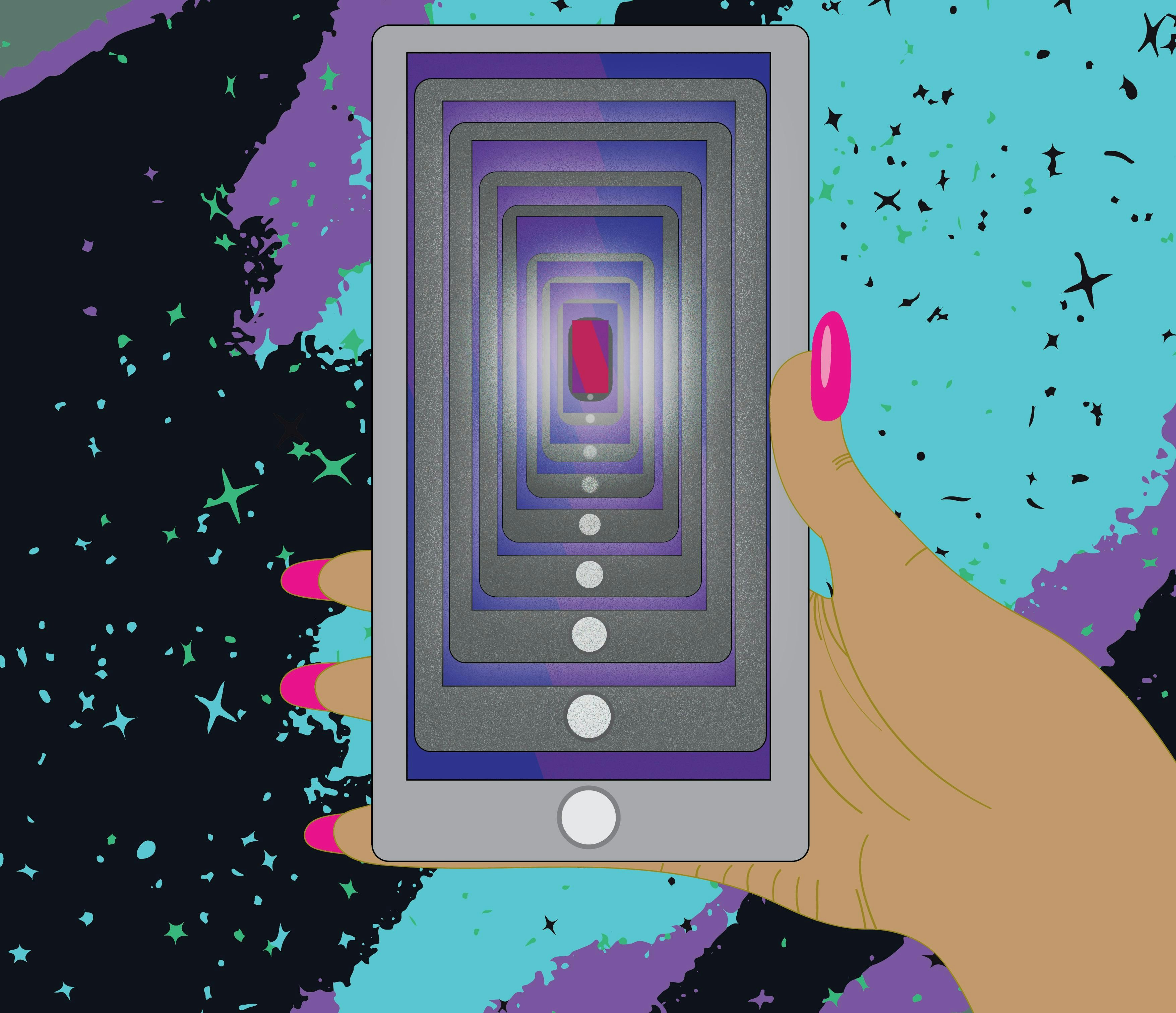
In 2015, Snapchat released beautification filters, a seemingly benign way to enhance your look, but they wreak havoc on mental health. Why do these filters exist? What vacuum do they fill, and what do they say about technology and its implications for the lived human experience?
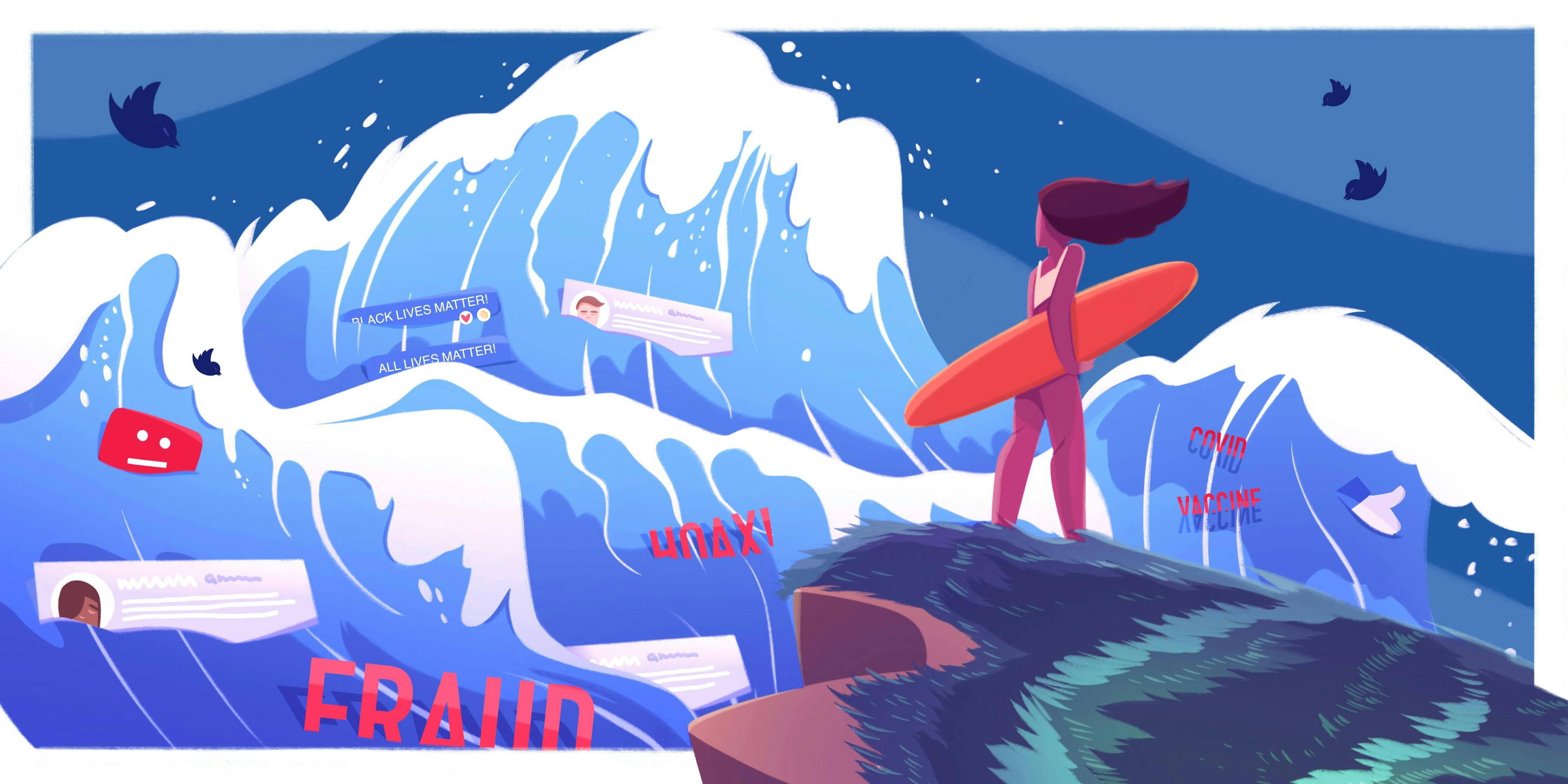
Liberal democracies support free discourse, allowing liberal societies to produce knowledge economies and meritocratic, representative systems. But that very openness is what also makes them vulnerable to infodemics.
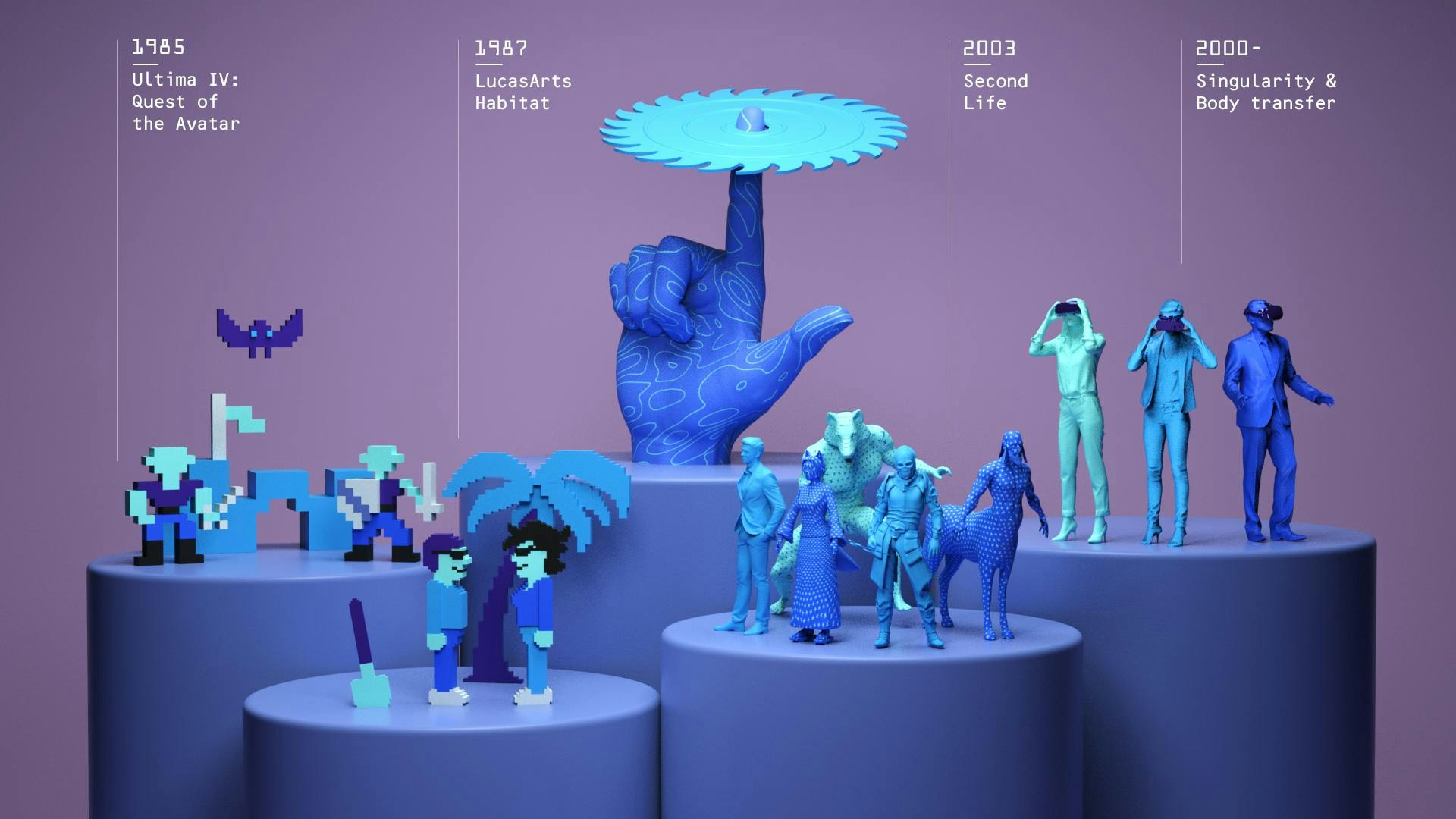
The humanness we’ve imbued onto avatars has been a constant since the dawn of the internet, and the deep bonds we cultivate with these virtual identities are enduring. It should come as no surprise that users consistently report de facto racism and discrimination against them.
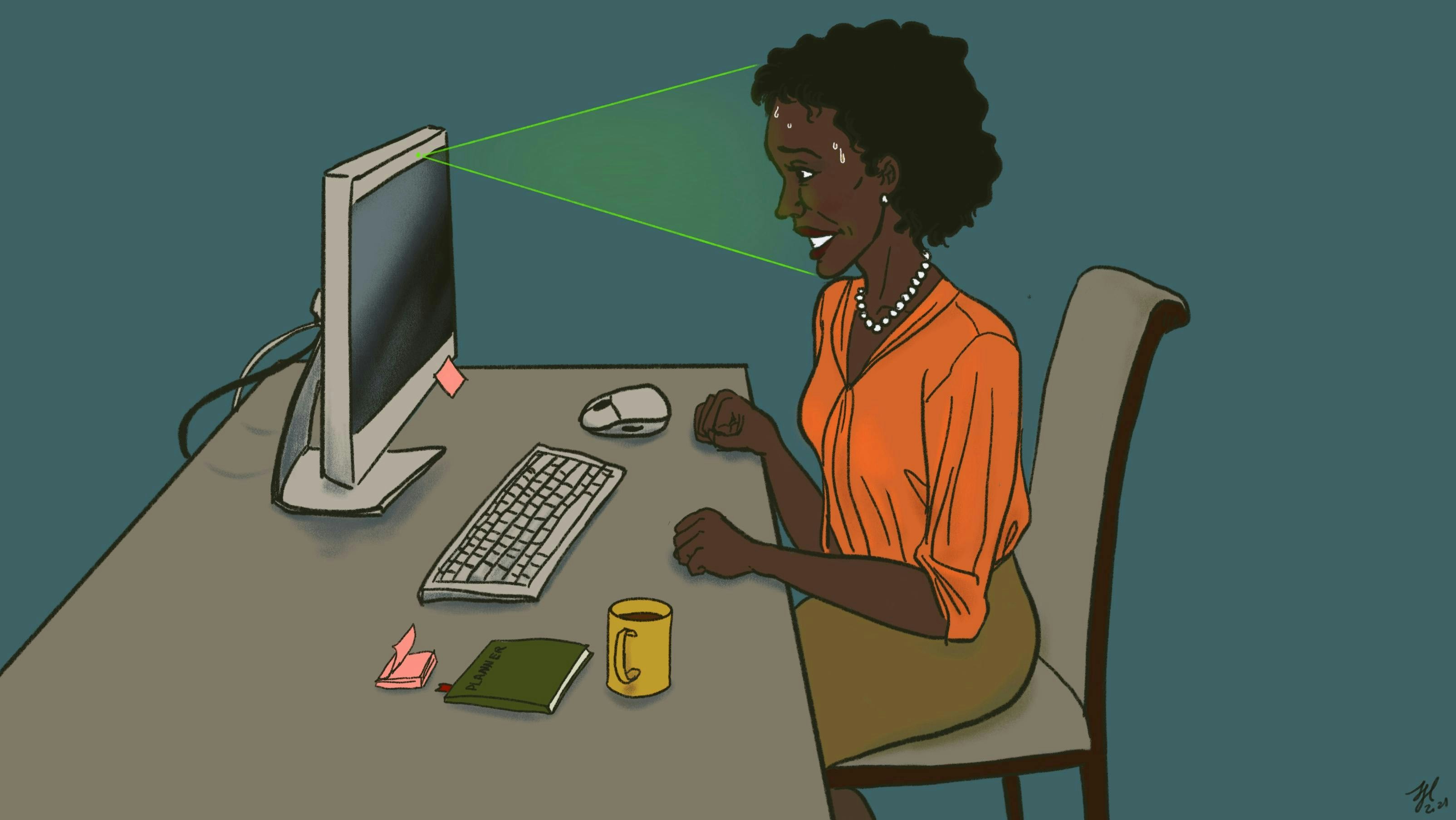
Artificial intelligence has become standard in workforce management, exponentially so amid travel restrictions, and as a defence against the spread of COVID-19. Recruitment AI builds an idealised “model,” then seeks close characteristic matches. If you’re reading this while black, you already see the problem.
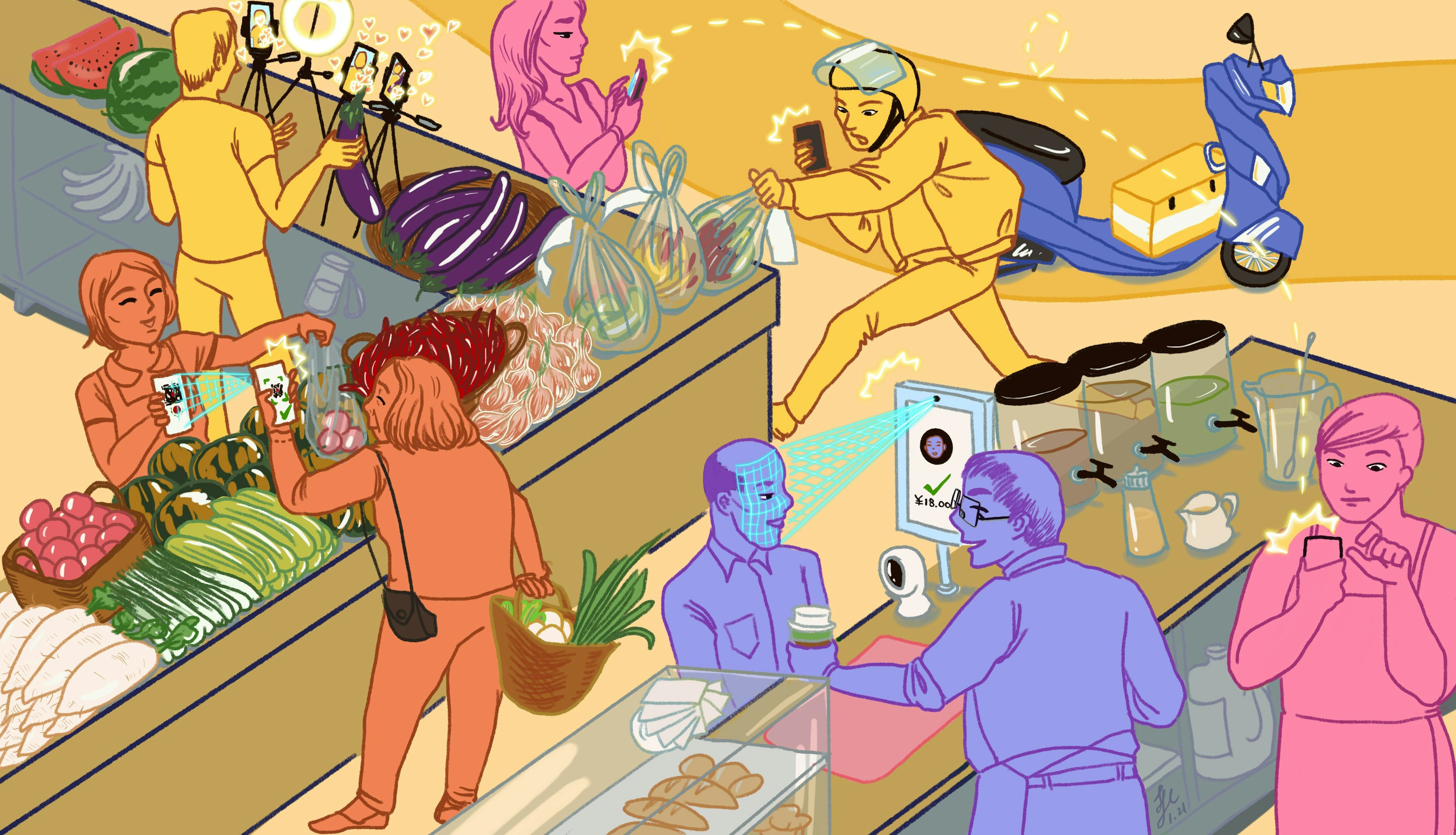
People define an economy. That does not change when the economy goes online. Stories about systems are stories about people... and despite significant regional distinctions, people in China are exploring the boundaries of our physical and virtual economies.